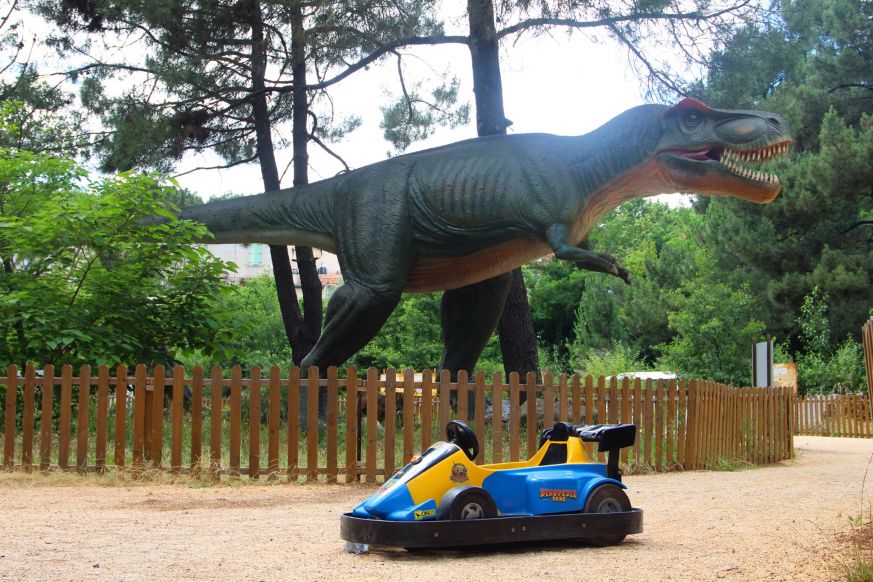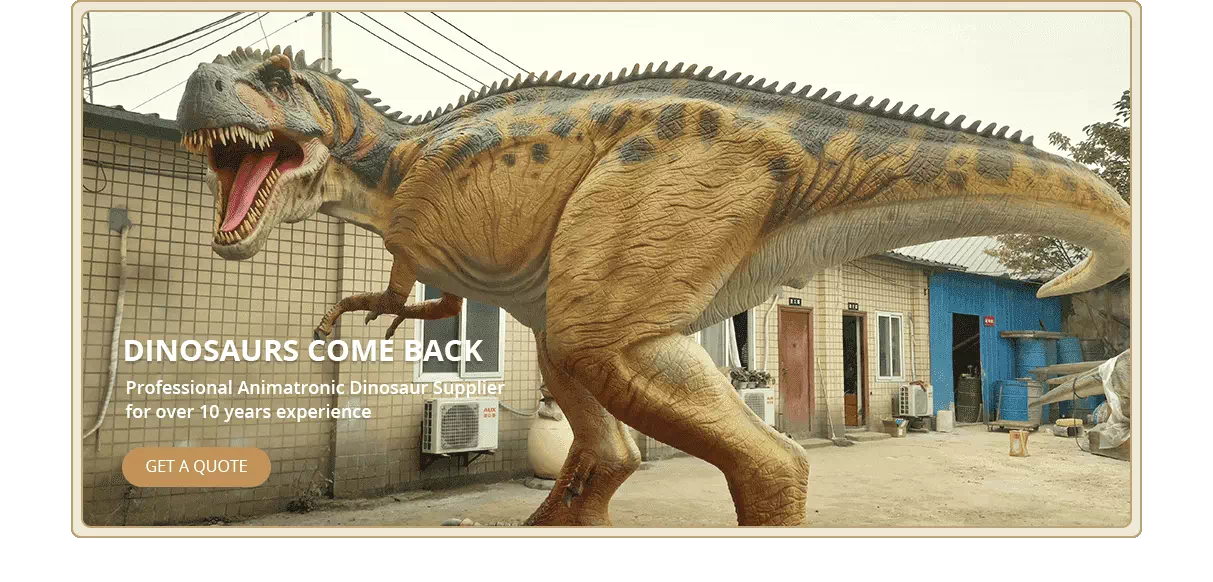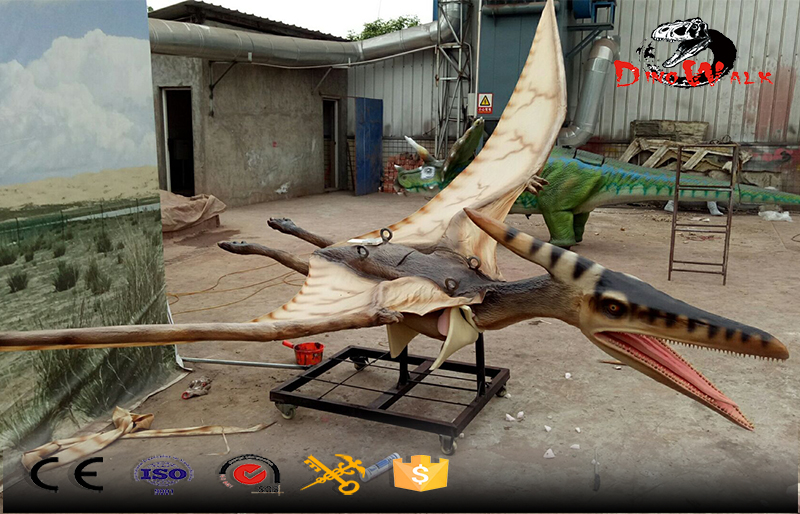Bird Information During the Dinosaur Period
The theory that dinosaurs might have been the ancestors of birds was first proposed by Thomas Henry Huxley in 1868. In the early 20th century, Gerhard Heilmann published a book called The Origin of Birds. Based on the lack of wishbone (joint clavicle) of dinosaurs, Heerman believed that there was no relationship between birds and dinosaurs. He further assumed that birds evolved from the ancestors of the crocodile superorder or the notch, not dinosaurs. Later discovered dinosaur fossils found clavicle or wishbone, such as the egg-stealing dragon found in 1924, but was mistaken for the clavicle at that time. In the 1970s, John Ostrom reinvented the theory that birds evolved from dinosaurs. This theory has gained more support with the increase in the study of kinship taxonomy over the decades and the discovery of more small theropod dinosaurs and early birds. The most important of these is the feathered dinosaur fossil found in the Yuxian Formation. Many different types of feathers have been found.
Birds and theropod dinosaurs have hundreds of common physiological characteristics, and they are currently considered to be close relatives. The relationship between birds and raptors is closer. A few scientists have proposed different evolutionary approaches, such as Alan Feduccia and Larry Martin. They proposed that Hellman-like birds evolved from the original main dragon class, and thought that even though birds originated from the group of theraptors, they proposed theraptors. It is not a dinosaur, but the result of the convergence and evolution of dinosaurs. Feathered dinosaurs are one of the most recognizable characteristics of birds. According to the current distribution of fossil evidence, feathers should be the ancestor of dinosaurs, although feathers may have deteriorated in some non-bird dinosaurs. In non-bird dinosaurs, direct fossil evidence of feathers or feather-like structures has been found in a wide variety of species.
Animatronic Dinosaur
Archaeopteryx was discovered in southern Germany in 1861 and was the first "feathered dinosaur" to be discovered. This specimen was unearthed from the Solenhofen limestone deposit, which is famous for excavating many very good fossils. Arc'teryx is a transitional fossil, which obviously has the intermediate characteristics of reptiles and birds. In Amusement Park Animatronic Dinosaur, we can see animated pterosaurs. Just two years ago, Charles Darwin published The Origin of Species. The discovery of Archaeopteryx made the debate between evolution and creation more intense. This early bird was very much like a dinosaur, with at least one specimen, and was mistaken for a jaundosaurus because there were no clear traces of feathers around it.
Since the 1990s, more feathered dinosaurs have been discovered, providing more evidence for the relationship between dinosaurs and birds. Most of the new specimens were found in the Yixian Formation of Liaoning Province, China, which belonged to a small continent during the Cretaceous period. Although feathered dinosaurs were only found in a few areas, it was possible that feathered dinosaurs appeared around the world at that time. Fossil records in various places have few feather marks and feathered dinosaurs, which may be because during the fossilization process, fragile parts such as feathers and skin are difficult to maintain. The original feathers were thin and lacking plumage, and they have appeared in primitive Eurasian dinosaurs, such as the Chinese dragon bird of the family Jassaurus, and the emperor dragon of the Tyrannosaurus. Species of Stegosaurus, such as: Stealing Dragons, Dentosauridae, Chironosaurs, and birds.
The above is the dinosaur bird information introduced by Museum Dinosaur Manufacturer.















